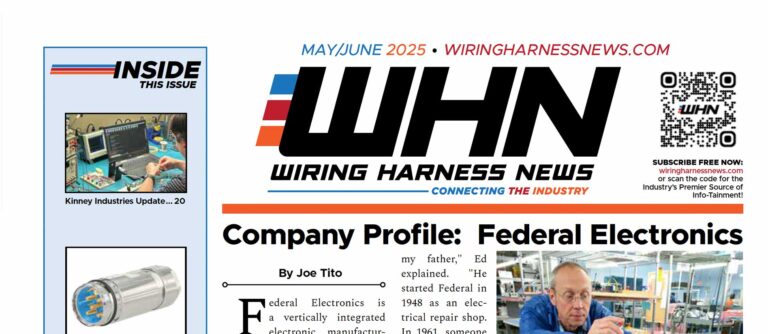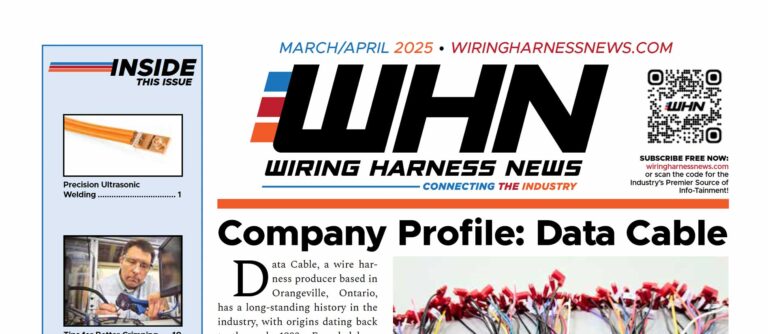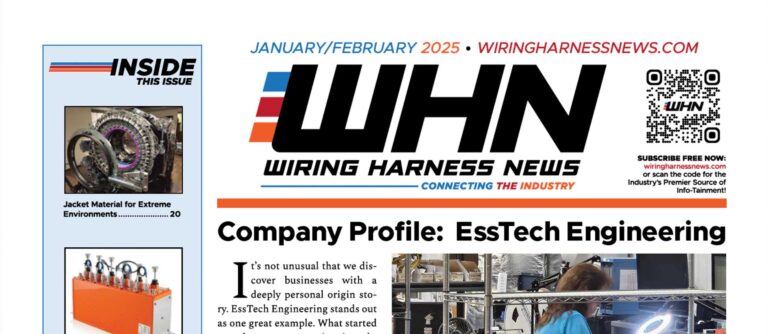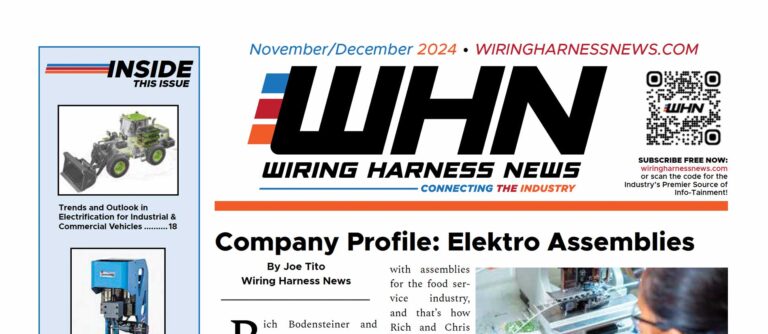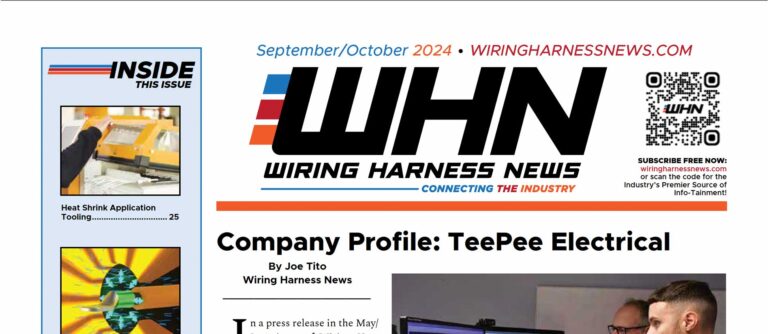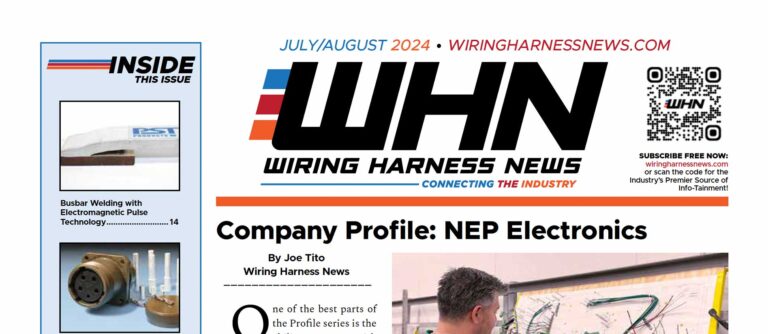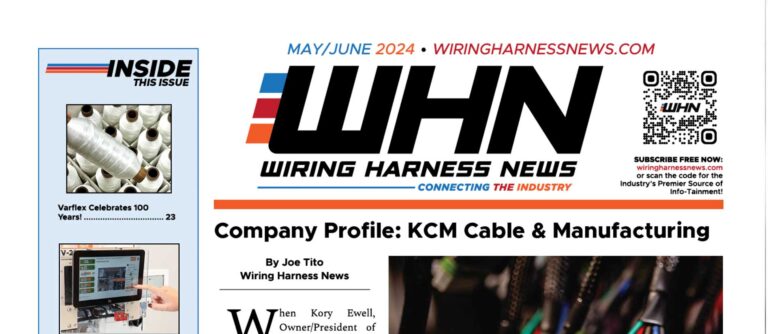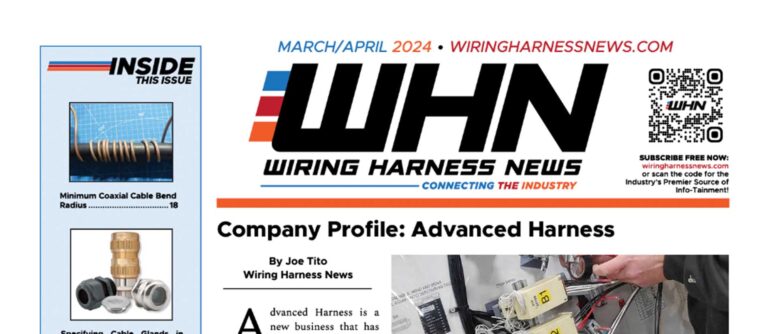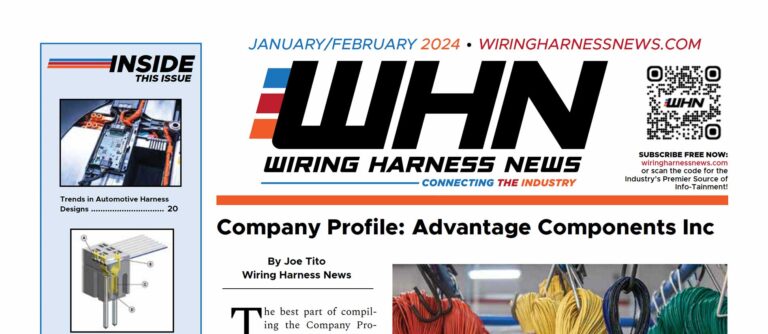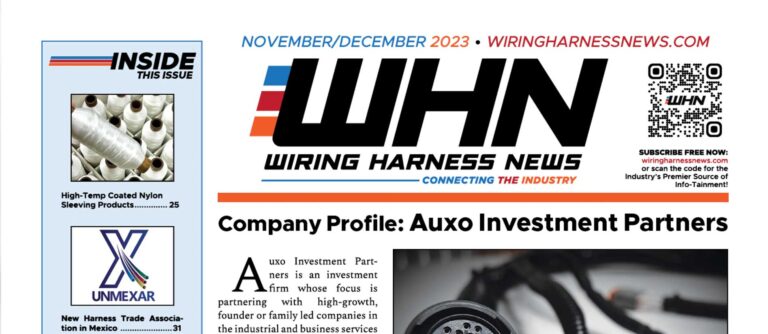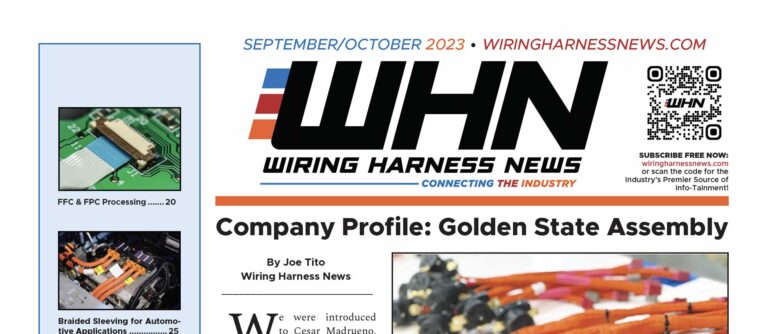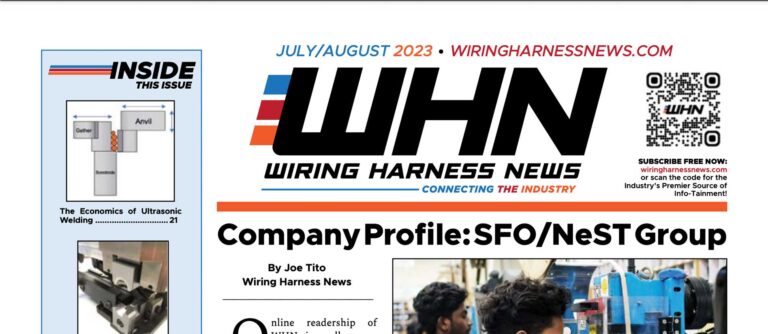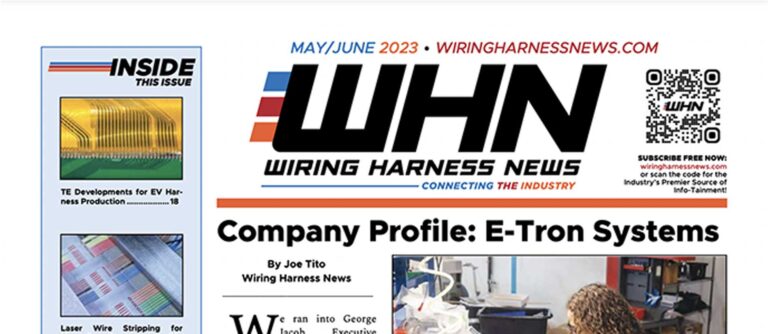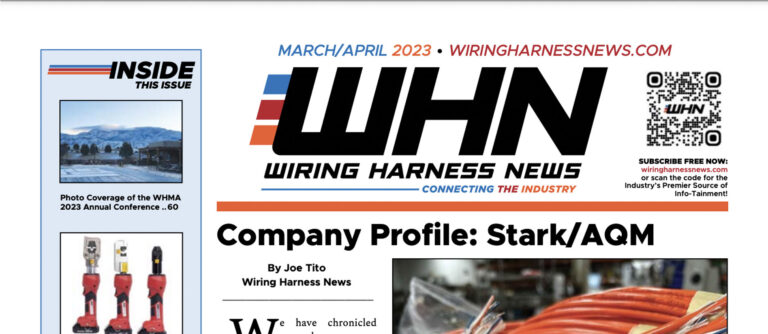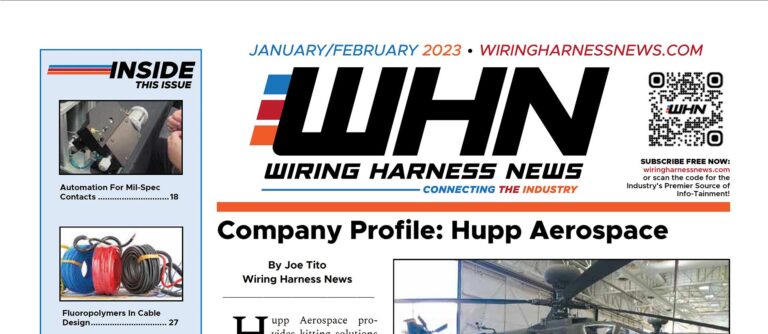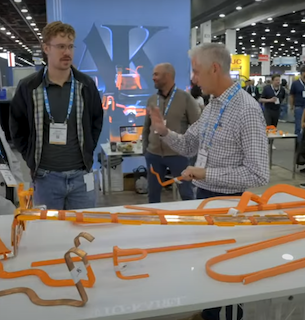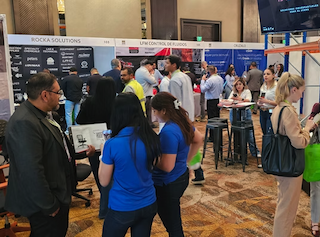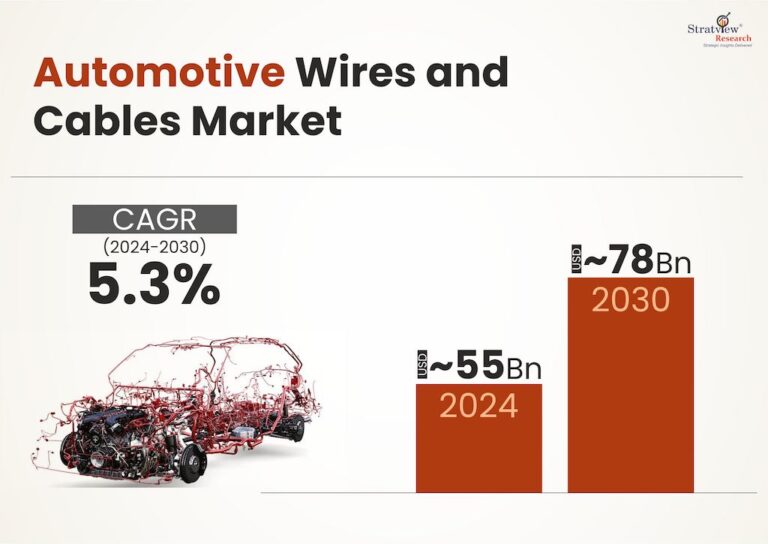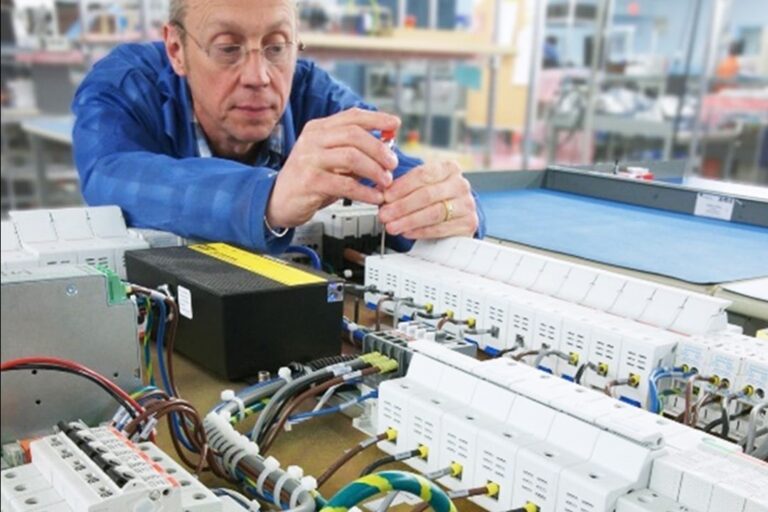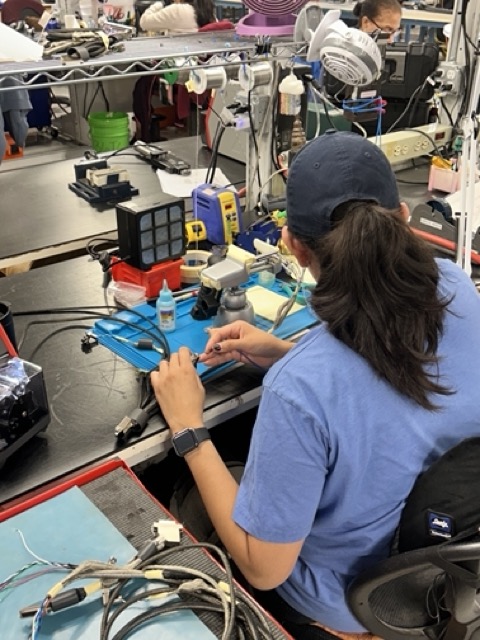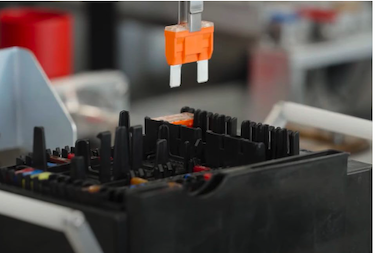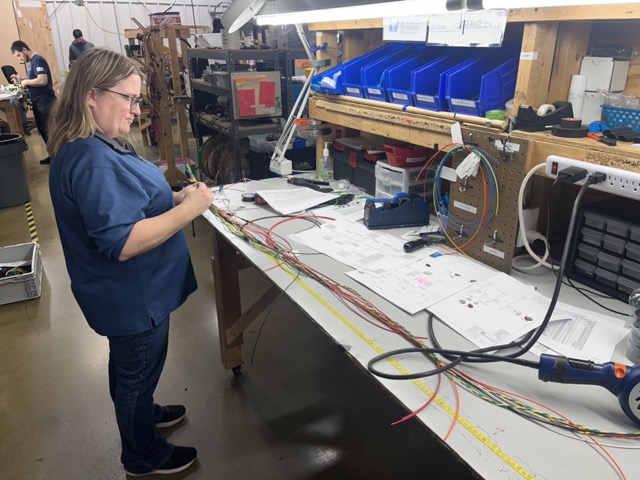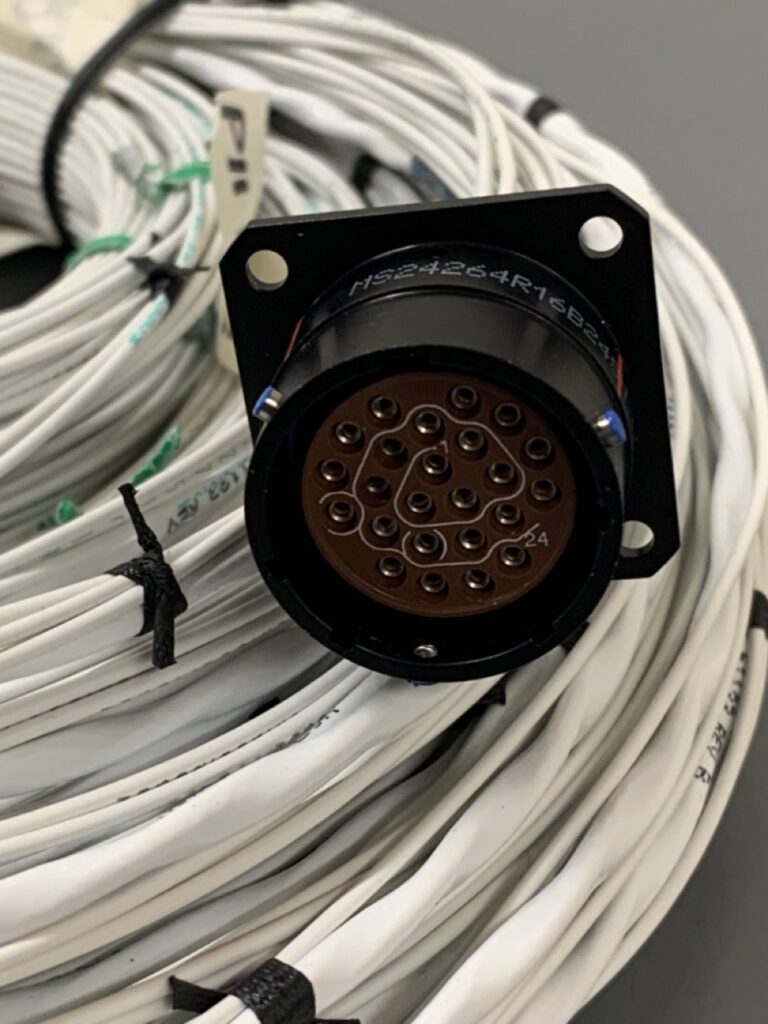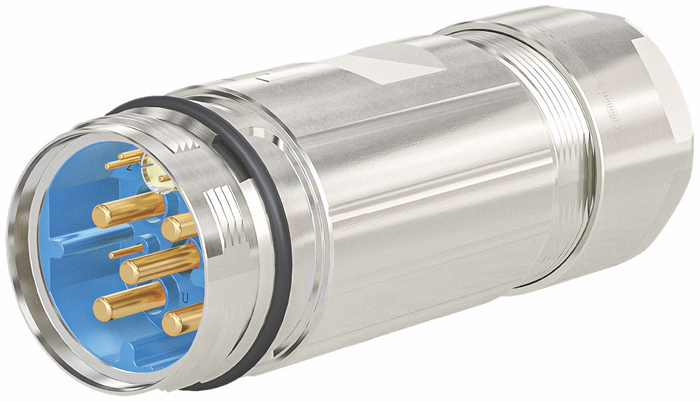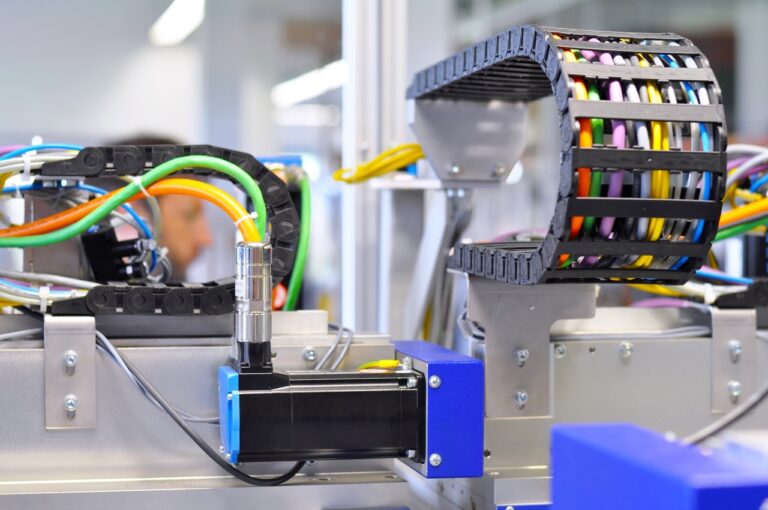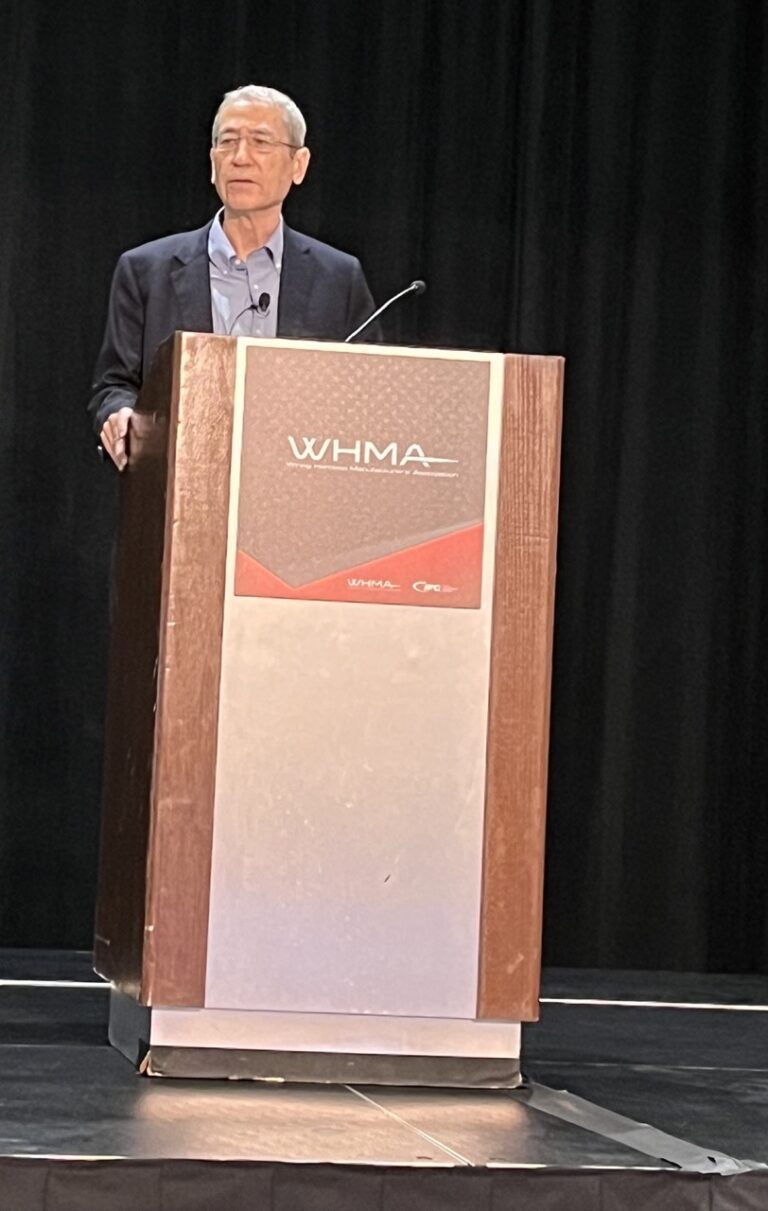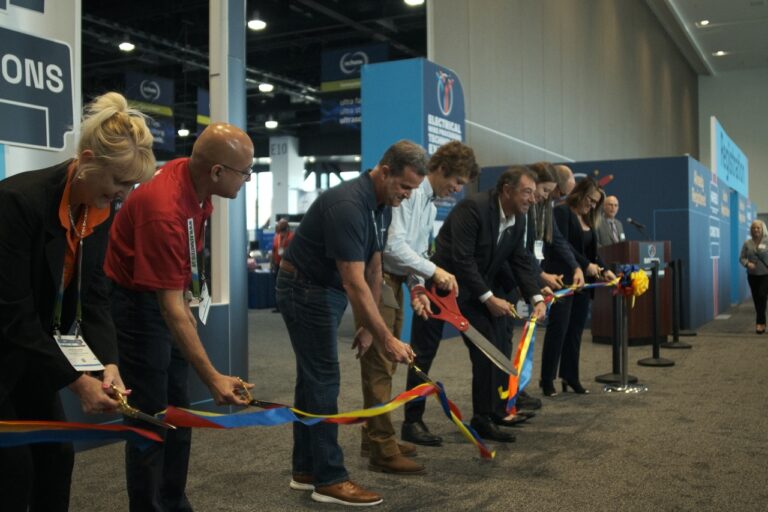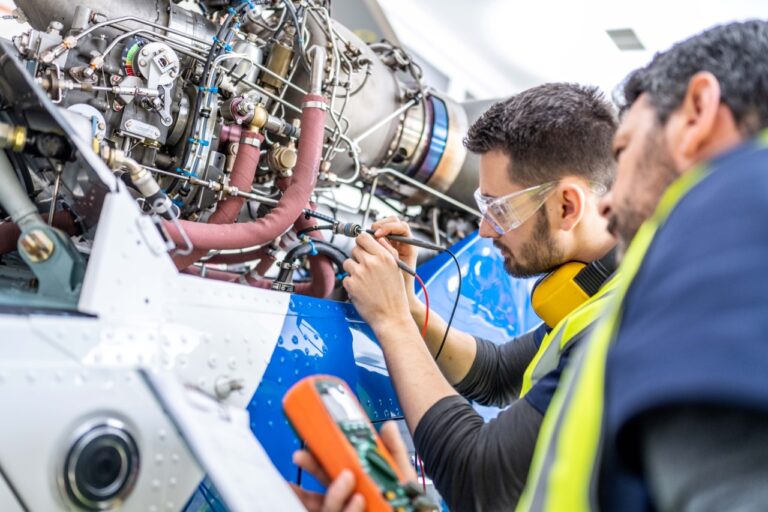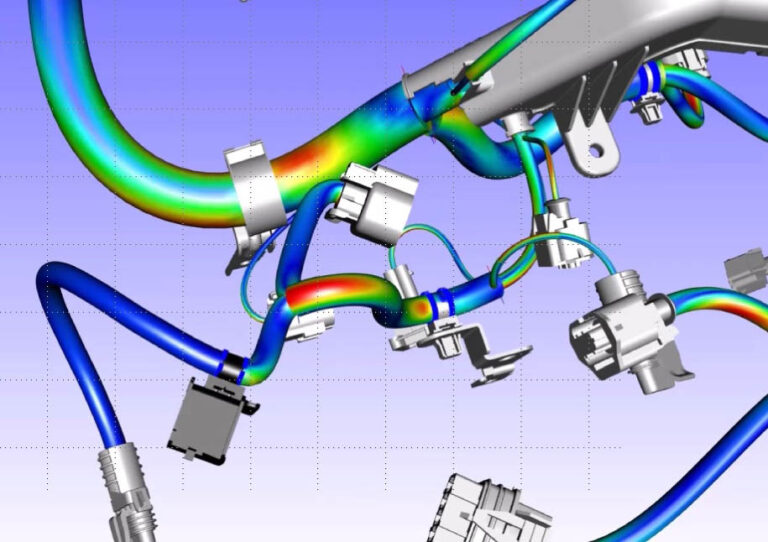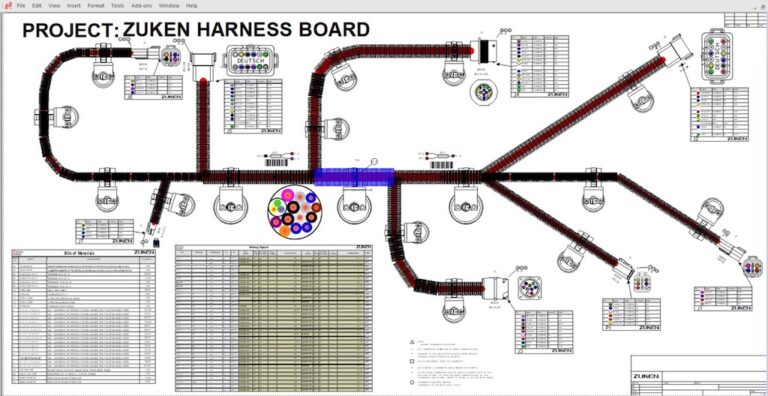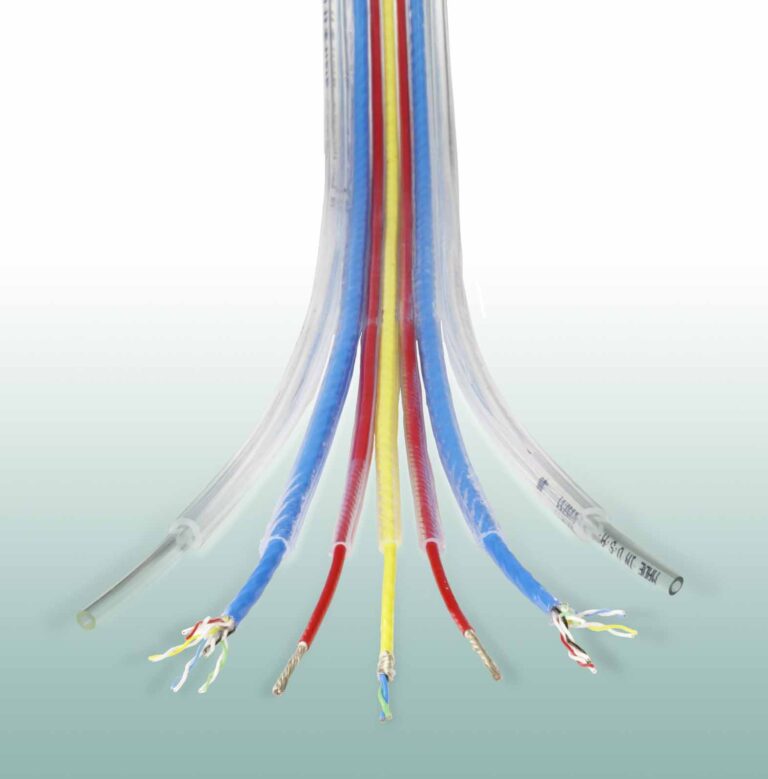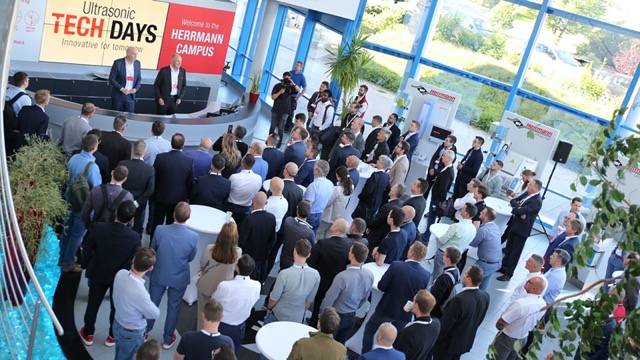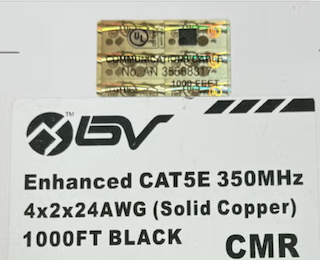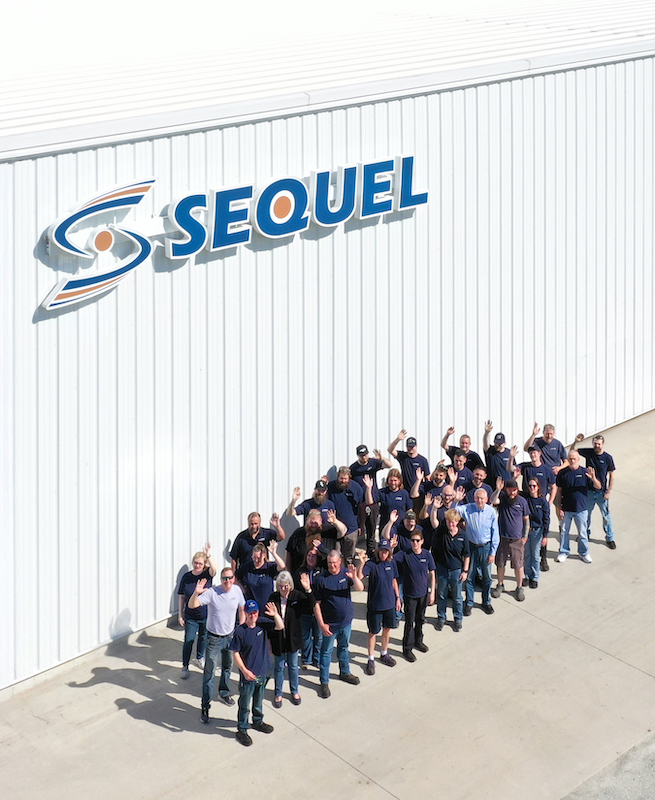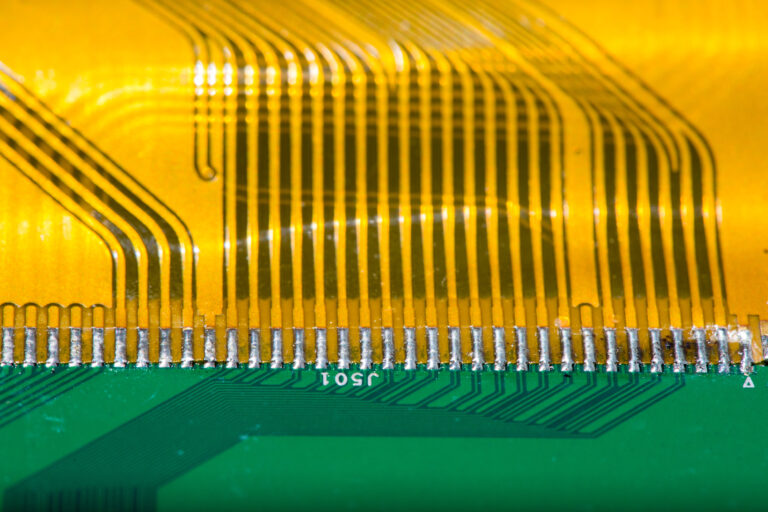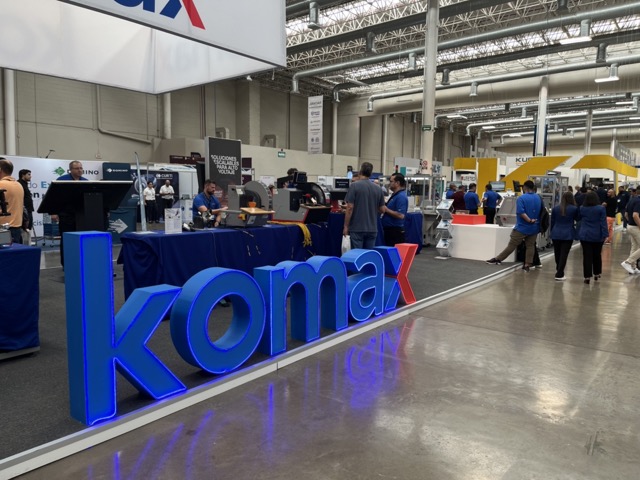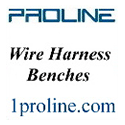Mexico – The New China
Mike Bowen is a busy man. And there’s good reason. With his company, Ammex, he has been very busy helping manufacturers who wish to open shop in Mexico. But it’s not like it was back in the 1980’s and 90’s when a lot of companies were moving production out of their US facilities and into Mexico. Instead, most of Mike’s customers are looking to move at least some production from China, back closer to home. In addition, many companies who are at the point of critical mass with production, and would have typically looked to the Far East to take advantage of cheaper labor, are discovering nearshoring is the better option.
The Trump Administrations tariffs have played a role in the recent uptick in nearshoring, but the scales had begun to tip even during the previous administration. There are two basic reasons for this. First, the overall cost of doing business in China has risen over recent years. The welcoming government policies of just a few years ago are refocusing on sustainable growth. No longer is there an endless pool of workers to be tapped from outside the big cities. A victim of its own success, China has seen a rise in labor costs.
Second, companies are finally realizing the total cost of ownership (TCO) when outsourcing to China. Cost of inventory is high as goods move through a supply line as long as six weeks or more. Intellectual property rights are another concern, with knockoff products costing companies billions. Communication issues, time zones, and red tape all add up to make the low piece price, not so low.
The increased visibility, relative proximity, and a more congenial business atmosphere of Mexico, coupled with a low-cost yet educated labor force, has companies coming to Mike in droves for help in setting up shop in Mexico. And it’s helping the US economy. These operations subsequently use US purchased machinery and components, and they often use US logistics companies to move the goods. For the US, it’s not as good as “Made in the USA”, but Mike likes seeing the business come closer to home. “As an example, there’s a wire harness company that relocated here from China that we’ve been working with for about two years, and all of the components for their cables, and all of the parts for the high-tech semiconductor part of their business, are sourced in the US.”
About Ammex
Mike has been in the maquiladora industry since 1989 and is seeing things come full circle. He has been involved in many things; from sewing operations to luggage, and yes, wire harnesses. Ammex itself has been around for 26 years, but four years ago, the owner, a friend of Mike’s, decided to retire, and sold the business to him.
Ammex offers two basic types of services. The first is manufacturing services, and that’s for companies who want to take advantage of Mexican labor, but don’t want to make the full commitment on their own. “They want to test the waters,” mentioned Mike. “They’re not familiar with working in Mexico, so they come to us with their materials, their machinery, and their expertise. We provide the people, the building, and all the knowledge in doing business down there.” Ammex brings the customers goods into their US facility, cross docks them (transfers them to other trailers without storage) then ships them to their Mexican facility where the value-added is done. The finished goods are then shipped back to the Ammex US facility where the customer picks them. This all happens under the Ammex entity.
The second level of service, and the one Ammex has been most successful with, is incubating companies. “Companies come to us,” Mike described, “and we start them off small, sometimes with as little as 20 to 30 employees. Then, as they get more comfortable, they say, ‘hey Mike, I got this,’ and they start running the production side with the employees, but we still handle the Mexican taxes, import/export regulations, and all the legal issues that can get you in trouble with the Mexican government.”
At this point, Mike and his team will help them set up their own operational entity. These entities gain more and more independence as the customer becomes comfortable doing business in Mexico. “Then, usually after about five to seven years, we hand you the keys and you now have the people, the infrastructure and the expertise it takes to handle all the legal compliance. So, we’ve basically incubated an operational company for you, and we’ve done this for about 50 companies in Reynosa.”
And it’s not just US companies Mike is helping. “In the wire harness industry, we did this for GSW (George Suzuki Wiring) out of Japan. They started in the early 2000’s with about 45 employees, and they’re now in their own 150,000 sq. ft. facility with around 2000 employees right here in Reynosa.”
The majority of Ammex’s business right now is from companies looking to transition production out of China and closer to the US. Mike admits there has been increased interest in services like his due to the more recent tariffs. “But those guys, I’m just not interested in,” he advised, “because they’re looking for a quick fix.” There are other companies who are very comfortable with their Far East operations, but due to cost and logistics reasons, have looked seriously at Mexico. And these are the folks Mike and his team can help best. “We’re now working with these companies to move, not always all, but a significant portion of their production to Mexico in order to take advantage of costs that are favorable to those in the Far East, particularly China.”
One recent harness and electronics assembly company Ammex worked with was a smaller family owned business. one particular and growing portion of their product mix required them to look outside the US in order to be competitive. The company automatically thought China would provide the best option, but Mike was able to show them a better way. “They were scared to death about the prospect of doing business in China for a myriad of reasons, but we were able to show them a way to achieve their goals while still having high visibility and control of production,” he explained.
Having operations closer to home opens up some doors for the companies Mike helps that had closed when they moved production to China. “A lot of these companies have had to turn down business because of long lead times – 90 days or more. With a facility in Mexico, they can produce in Mexico at pretty much the same cost, and well within a 30-day lead time.”
Things to Look Out For
There are some differences and Mike pointed out some things to be cautious of when considering making the switch. “One of the biggest things is determining if there are enough people in the area the company is looking at. There have been significant shortages of labor in some border towns.” It’s also important to understand how unions control labor in certain regions. “In some towns, there is only one labor union, and I know of a few companies who been hurt by the lack of competition in the labor pool.”
Mike also advises a clear understanding of the full cost of labor. “For example, in Mexico you have four payouts per year that are lump sums to your people. They are the Savings fund, the PTU, the Aguinaldo (the Christmas bonus) and unused vacation pay.” The savings fund is a savings plan mandated by the Mexican government. The PTU is basically profit sharing. He explained since maquiladoras are not profit centers, there are a couple of ways it can be calculated. It can either be based on the value of assets or on the export activity. He strongly advises making sure all these are included in any labor rate calculations.
Like any country, Mexico has its layers of bureaucracy. But as he pointed out, they’re easier to understand because they are much more Americanized. “Especially on the border,” he stressed, “there’s just more treacherous bureaucracy in China with regard to moving things in and out.”
There are other subtle differences in doing business in Mexico versus China, but Mike once again stressed that its very much Americanized and familiar. “One interesting thing is that Mother’s Day is really a big deal in Mexico, even bigger than here in the US. A lot of companies open their doors and hold a party for employees and their moms to honor them.” Mike also thinks it’s not a bad idea to bone up on some soccer nomenclature. He likes to have TV’s in the break rooms for folks to catch up on game highlights.
Safety – The 800 Pound Gorilla
Broaching the topic of safety and security, Mike was quick to point out that things have greatly improved since 2010. “I’m up front with people. There is violence, but I want to make sure folks understand that the problems stay away from the industrial parks.” He indicated that, even at its azimuth, the crime was mostly the bad guys fighting each other. “There are places and neighborhoods you just stay away from, and we counsel folks on that, but we’ve got folks who cross every day and have for years without any issues.”
In some respects, it’s not unlike some US major cities. For example, Figure 1 shows that the violent crime in Juarez has slipped below that of Baltimore, Detroit and St. Louis. “The cartels don’t want to disrupt everyday business in the maquiladoras because it brings too much heat on them, so those areas, along with access routes, are safe.”
If you’d like to find out more about the prospect of nearshoring business in Mexico, you can contact Mike Bowen at (956) 631-7916, or email him at [email protected]. Check them out on the web at www.ammexproducts.com.


